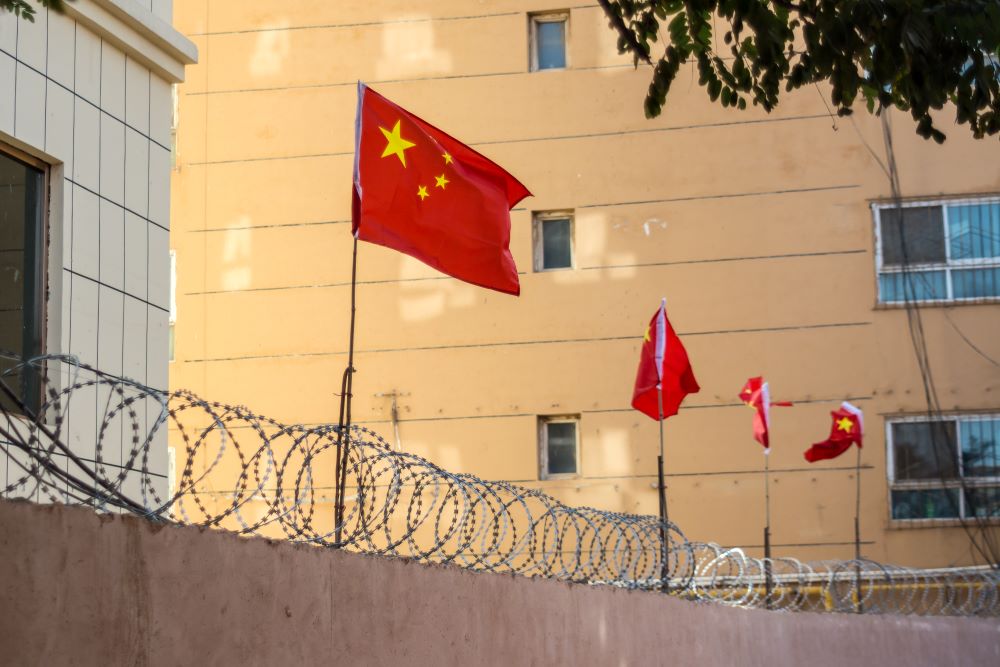
The British government is facing legal action over its alleged failure to act on cotton imports from China that are said to have use forced labour.
An action has been brought by the World Uyghur Council (WUC) against the Home Office, HMRC and the National Crime Agency (NCA) over imports from the Chinese region of Xinjiang.
The case, which commenced in the High Court in London yesterday (25 October), is the first of a series of lawsuits across Europe following the tightening of supply chain laws, reports the FT.
The hearing finishes today, with a ruling expected at a later date.
Proceeds of crime
Lawyers for the WUC claim the Home Office has wrongly refused to launch a probe into imports of foreign prison-made goods, and that HMRC and the NCA have failed to investigate whether cotton from Xinjiang amounts to “criminal property”, reports Reuters.
Around 20% of the world's cotton is made in China, with Xinjiang cotton accounting for 85% of all Chinese cotton, according to the BBC.
WUC’s legal team said there were “reasonable grounds” to believe UK retailers had benefited from cotton made by Uyghurs held in China in internment camps.
‘No link’
The government’s legal team said that said the government considered China’s effort “to silence and repress Uyghurs and other minorities in Xinjiang [to be] appalling”.
However, referring to WUC’s case against it, the government said the link had not been made between “the alleged criminality and its specific product” to investigate whether goods were made in a foreign prison.
“At best, the claimant’s case is that there is a compelling inference of a chance that a crime has been committed but it is unable to identify how, by whom, when, or where such an offence took place,” the government’s lawyers argued.
Principles violated
WUC and human rights group Global Legal Action Network (GLAN) argued that imports had involved forced labour on a scale that violated UK principles prohibiting the trade of overseas prison-made goods, and should therefore have been halted by customs authorities, reports clothing website Fashion United.
The two groups are also urging Ireland to ban cotton imports from China which have used forced labour and threatened legal action in European courts, reports the Irish Times.
Wider action
In September, the UN published a detailed report on China’s internment camps in which it said there was evidence that “serious human rights violations have been committed”.
As previously covered in the IOE&IT Daily Update, the foreign affairs committee has urged the UK government to ban imports of products manufactured in Xinjiang.
The US banned imports from Xinjiang and imposed sanctions on individuals responsible for forced labour in the region
The EU is looking to ban products made with forced labour from the region, reports Reuters.



